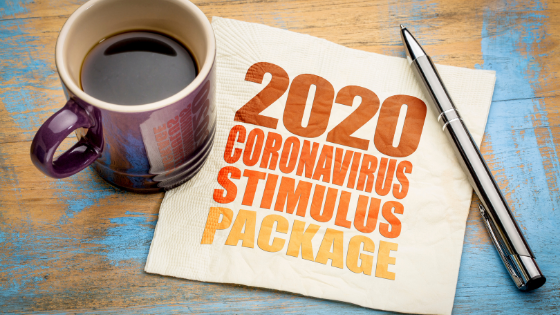While it appears as though some of the details of the new relief/stimulus bill that is working its way through Congress are not yet etched in stone, there are a lot of provisions that do appear to be finalized as part of a $900 billion package aimed at helping individuals and small business continue to find their way through the COVID-19 pandemic.
The House of Representatives yesterday approved a measure that would increase the payments to individuals to $2,000 per person, up from the $600 per person award that was part of the bill signed by President Trump over the weekend. Reports indicate that the Republican-controlled Senate would be unlikely to give its stamp of approval to the higher payment, but reports indicated that there was still much political wrangling going on in advance of the Senate reconvening today at 12pm ET.
It does appear, though, that the new round of stimulus payments will be protected from garnishments. That oversight in the first stimulus bill generated a lot of negative attention on the collection industry, simply because the funds were not protected, and not because there were collectors accused of seizing those funds.
What is part of the legislation is a new Paycheck Protection Program aimed at helping small businesses that have been affected by the pandemic. About $285 billion has been earmarked for the next installment of the PPP and has some new provisions that are intended to make sure the funds are being used for the right reasons. For example, loans are going to be capped at $2 million and will only be available to private companies with fewer than 300 employees whose revenue dropped by at least 25% from a year ago.
The bill also includes a ban on surprise medical bills, which occur when a patient visits an emergency room or is treated by doctors who are out of the patient’s insurance network.
Renters will receive an extra month of protection under the bill. A moratorium on evictions that was set to expire on Friday was extended for one more month.









